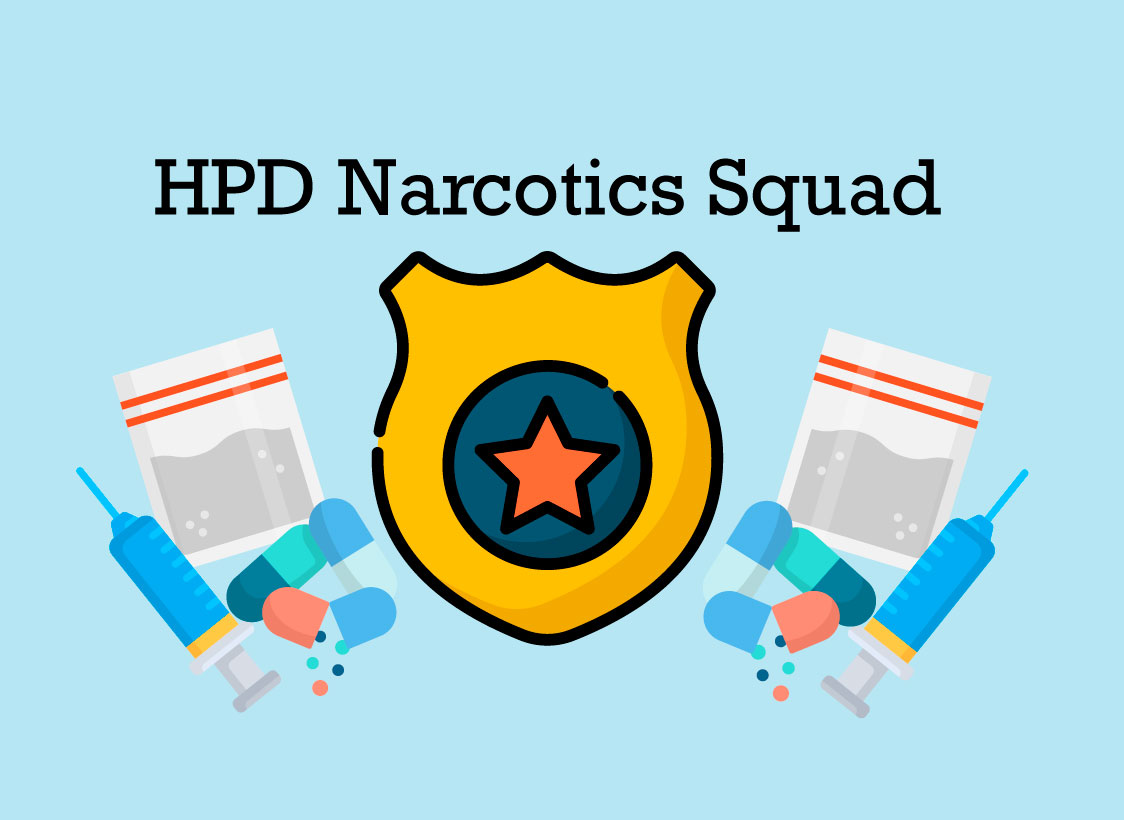
Houston Police forms new narcotics squad in response to drug raid scandal
Houston Police Chief Art Acevedo announced the formation of a new Narcotics Squad to serve high-risk warrants. The creation of the narcotics squad is in response to a botched drug raid that left two civilians dead, four officers shot and another charged with murder.
The Associated Press reported that the narcotics squad will begin operations on Nov. 1 and consists of three sergeants and 17 Houston Police Department (HPD) officers. The narcotics squad is led by Lt. Thomas Hardin whose previous assignments include HPD’s SWAT division, Westside patrol, recruiting, auto-theft and narcotics.
The fatal Pecan Park raid on Jan. 21 ended with the death of two civilians accused of selling heroin out of their home and former HPD officer Gerald Goines being charged with murder. After searching the Pecan Park home, police found small amounts of cocaine and marijuana, but were unable to locate the heroin police stated they were searching for.
Harris County prosecutors later determined that Goines lied to obtain the warrant that resulted in the fatal Pecan Park raid. Goines retired amid an investigation into his conduct and has since been charged with two felony counts of murder. His partner, Steven Bryant, also retired amid an investigation into his conduct and has been charged with tampering with a governmental record.
During a news conference in August, Acevedo said that the creation of the Narcotics Squad is an attempt to protect HPD officers and prevent future occurrences like the fatal drug raid. Acevedo announced that HPD will mostly end its use of controversial and more high-risk no-knock warrants unless explicitly approved by his office, and that narcotics officers would start wearing body cameras white serving warrants. Formerly, body cameras were only assigned to patrol officers.
During a town hall meeting three weeks after the Pecan Park incident, Acevedo suggested that the botched raid was not indicatory of a methodical issue within HPD, telling the Houston Chronicle that the majority of the divisions warrant raids were implemented safely.
Scott Henson, a leading researcher and writer on Texas criminal justice system topics, stated that the creation of the HPD narcotics squad is beside the point.
“The creation of this new unit is off-point; it’s not really responsive to the facts of what happened,” Henson said.

Henson believes the most effective change would be to have more “rigorous accountability” and “added oversight” when it comes to confidential informants. Henson said it was the lack of supervisory oversight Goines needed to obtain the no-knock warrant that resulted in the deadly raid.
“In this case, only one officer had supposed knowledge of this informant,” Henson said. “There was no supervision or double checks into the accuracy of what was being said.”
Henson also noted that dynamic entry tactics like those used when serving no-knock warrants are overused. Henson suggested that while no-knock warrants can have circumstantial value, in most cases very few would be justified.
Houston Police Officers Union 1st Vice President Douglass Griffith stated that the new narcotics squad will provide the additional oversight that Henson mentioned was lacking previously.
“They are tactically sound, and execute the warrant on behalf of the narcotics officers,” Griffith said. “It has our guys better trained so that if something does take place they are better equipped to deal with it. Good thing about this new squad is that they will confirm with the supervisor to make sure everything is up and up with the warrant.”
The National Institute of Drug Abuse (NOVA) reported that heroin use has been on the rise since 2007 and that young adults between the ages of 18-25 largely drive this trend. Attempts to control the opioid epidemic have had unintended consequences. Making prescription opioids less accessible, and therefore more expensive, has resulted in many former pain pill users to switch to heroin due to its availability and inexpensiveness.
Griffith confirmed that there has been an uptick of opioid-related arrests over his 25 years of service with HPD, where he served on the Gang Task Force and Divisional Gang Unit.
“We have even seen our own officers deal with opioid addiction after an injury where they were prescribed opioids,” Griffith said.
Houston is classified by the Drug Enforcement Agency (DEA) as a High-Intensity Drug Trafficking Area (HIDTA). On the NOVA Recovery Center website, Jane Maxwell, a leading research professor at the University of Texas, determined heroin to be one of the most dangerous drugs in Texas after studying drugs and drug use trends for over 40 years.
